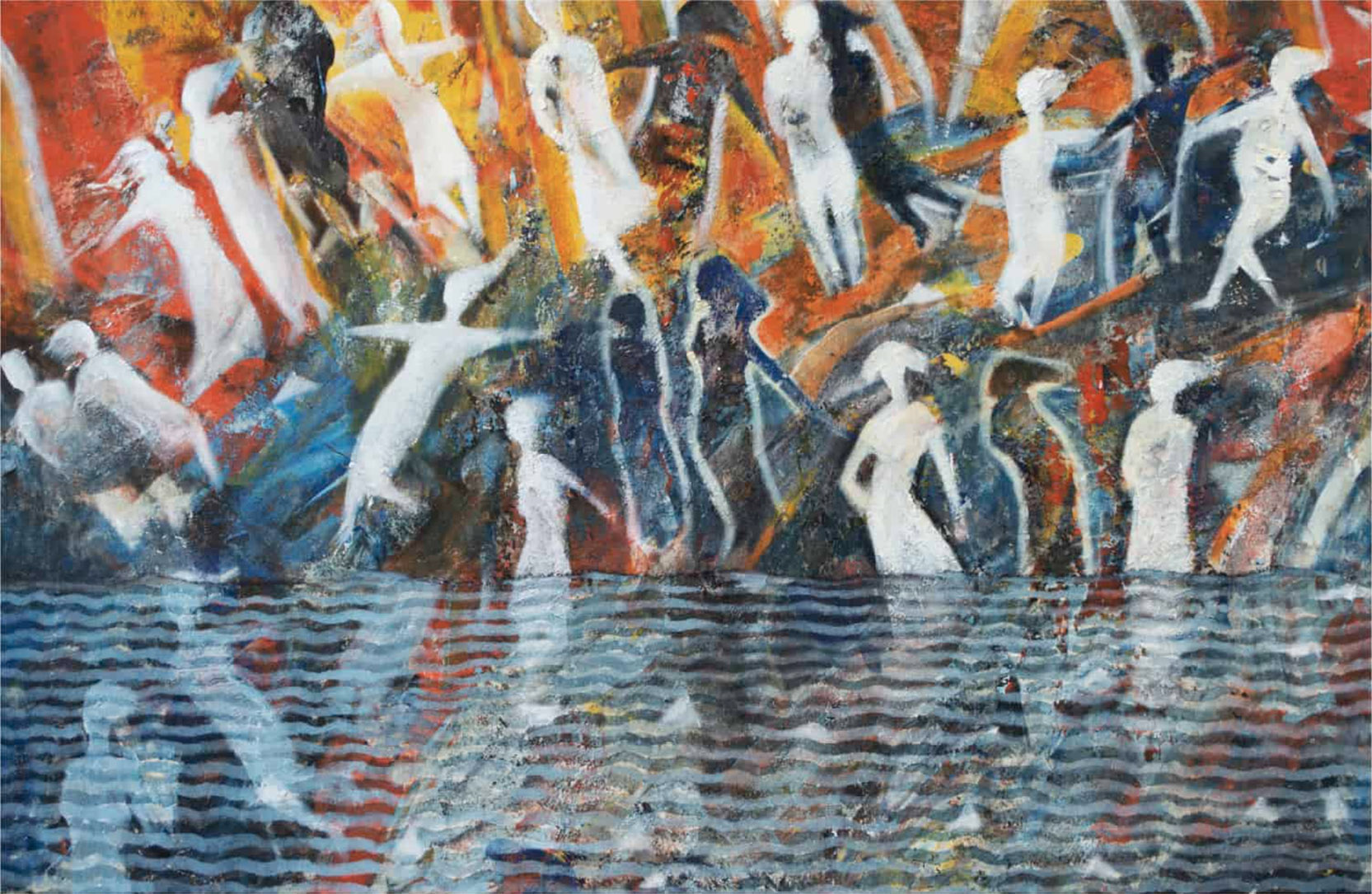
يومان عاديان في حياة مجد كيال، بعيدًا عن الحرب وقريبًا منها، نرى وطأة ما يحدث في غزة على...
2 FEBRUARY 2026 • By مجد كيال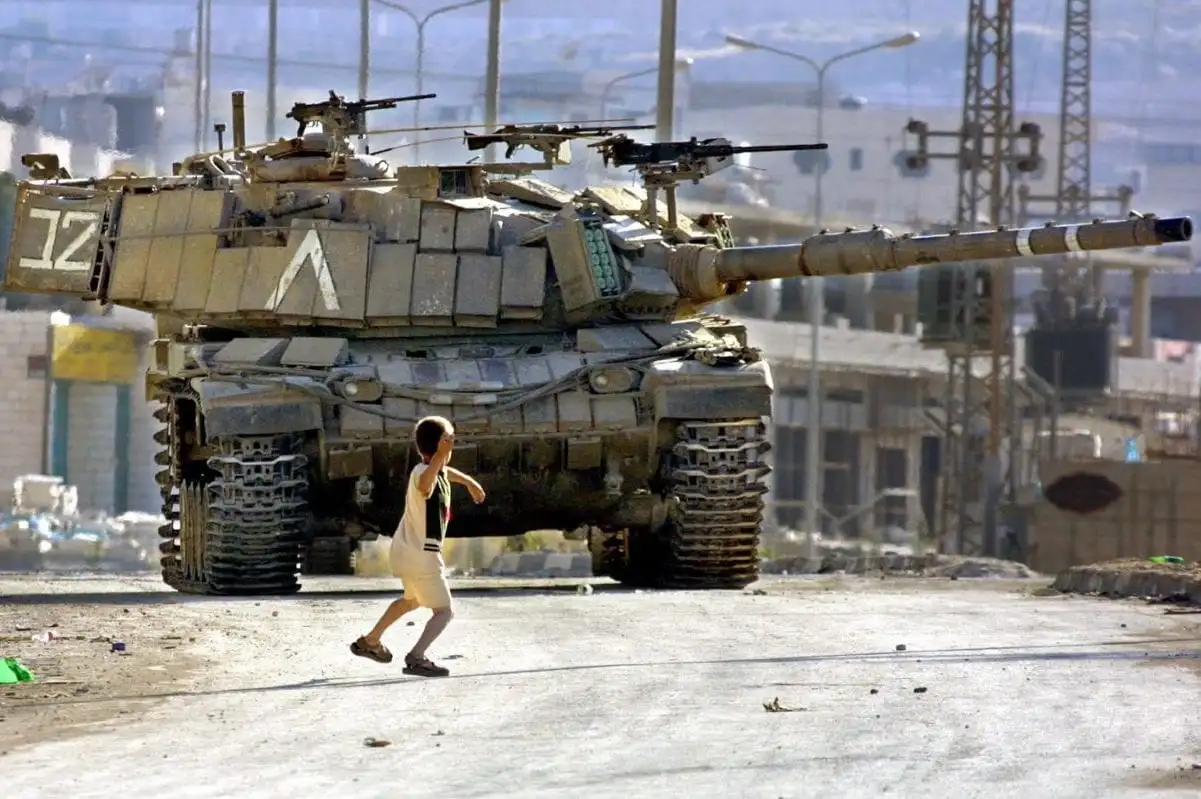
In today's dissonant reality, many countries feel like they need protection from Israel.
30 JANUARY 2026 • By Sheryl Ono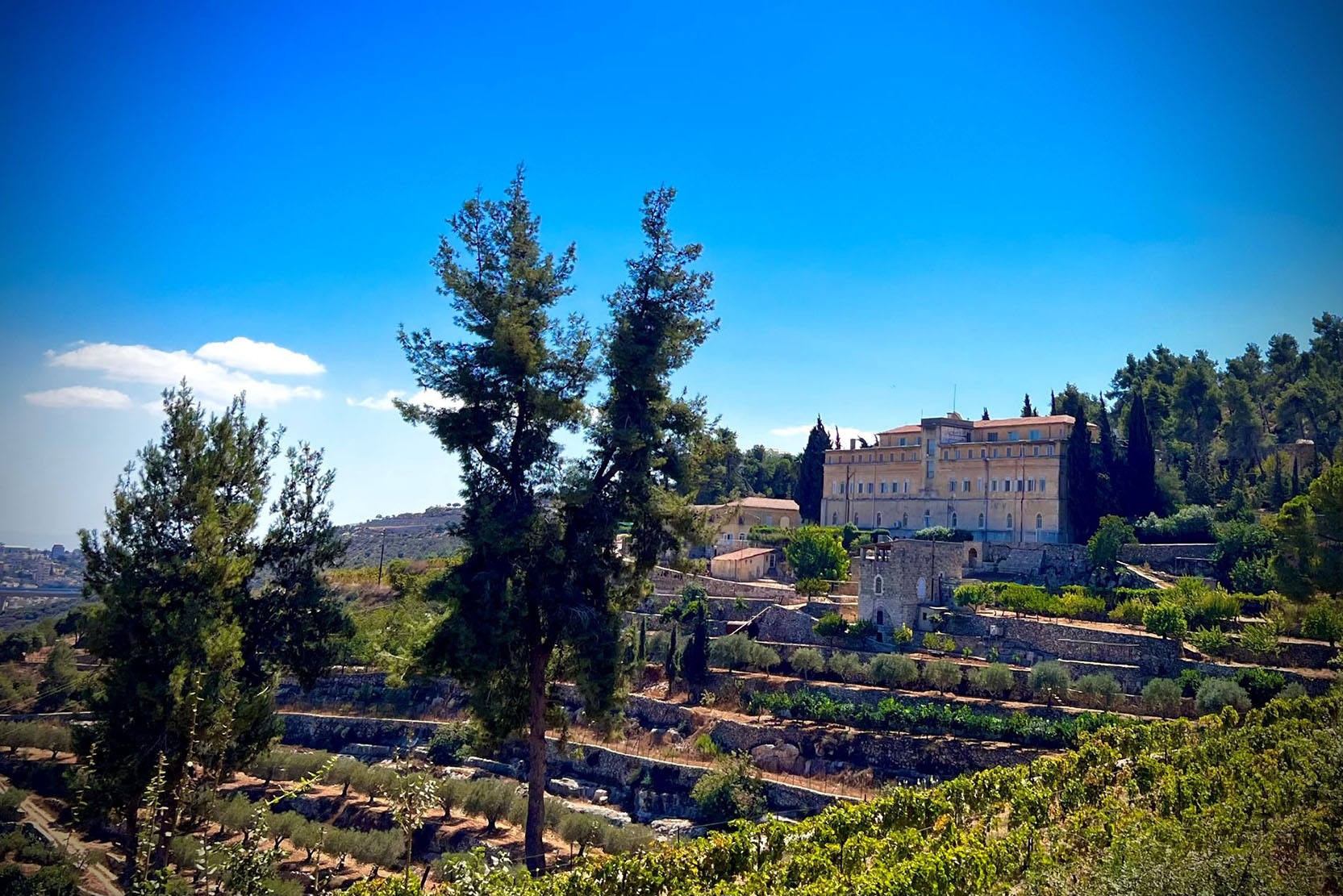
Israeli settlement plans threaten a monastery, green spaces, and even a cemetery.
30 JANUARY 2026 • By A Mom from Bethlehem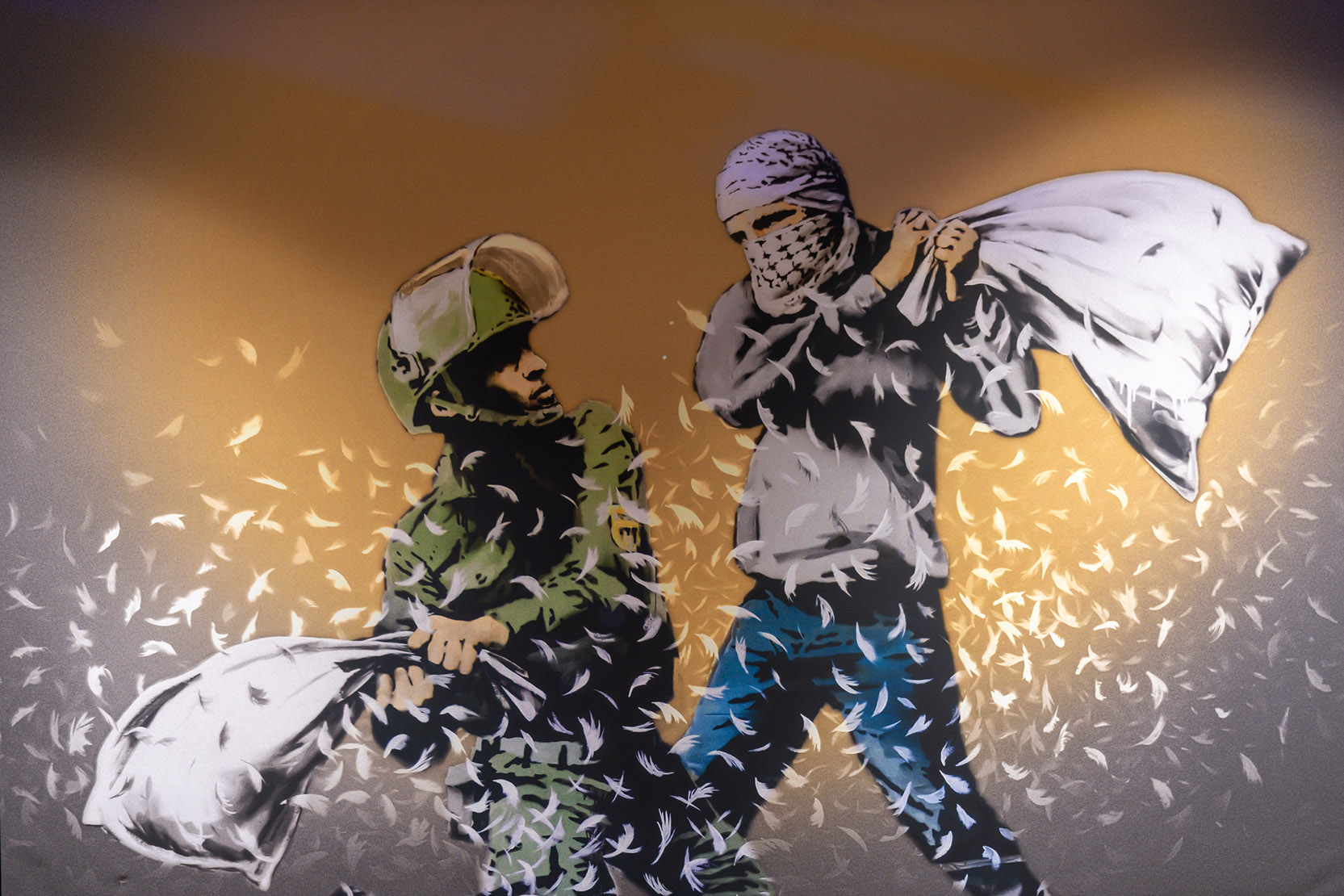
Raja Shehadeh offers a simple but impossible answer to this simple but impossible question: "And yet we must."
30 JANUARY 2026 • By Raja Shehadeh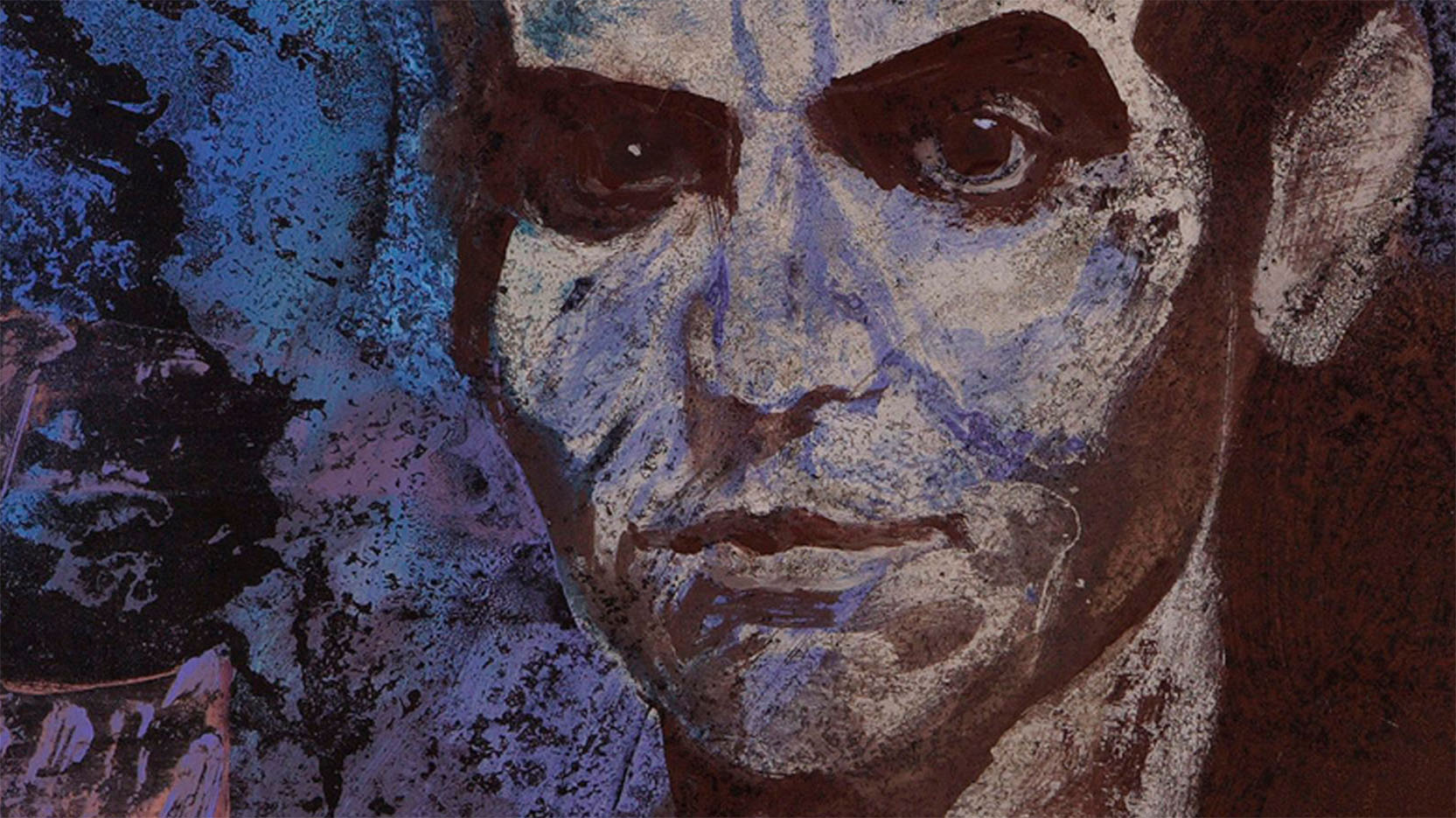
يتأمل عماد أبو صالح حياة شاعر إسبانا الأشهر لوركا، متذكرًا كتابات الآخرين عنه، كما يحدثنا عن رؤيته الشخصية...
26 JANUARY 2026 • By عماد أبو صالح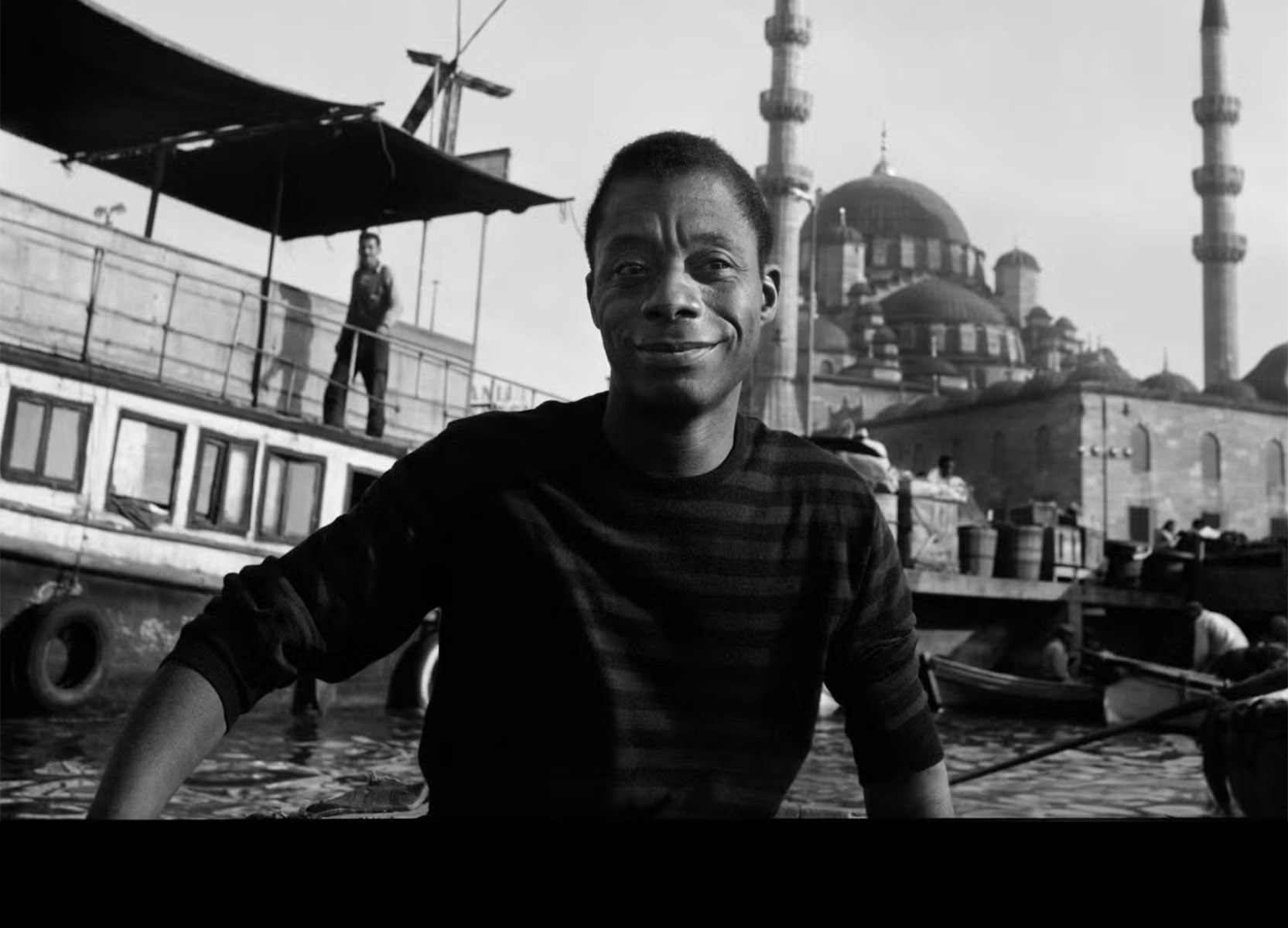
James Baldwin's Turkish exile, a lesser-told chapter in his life, offered safety, privacy, and most importantly, a creative...
19 DECEMBER 2025 • By Öykü Tekten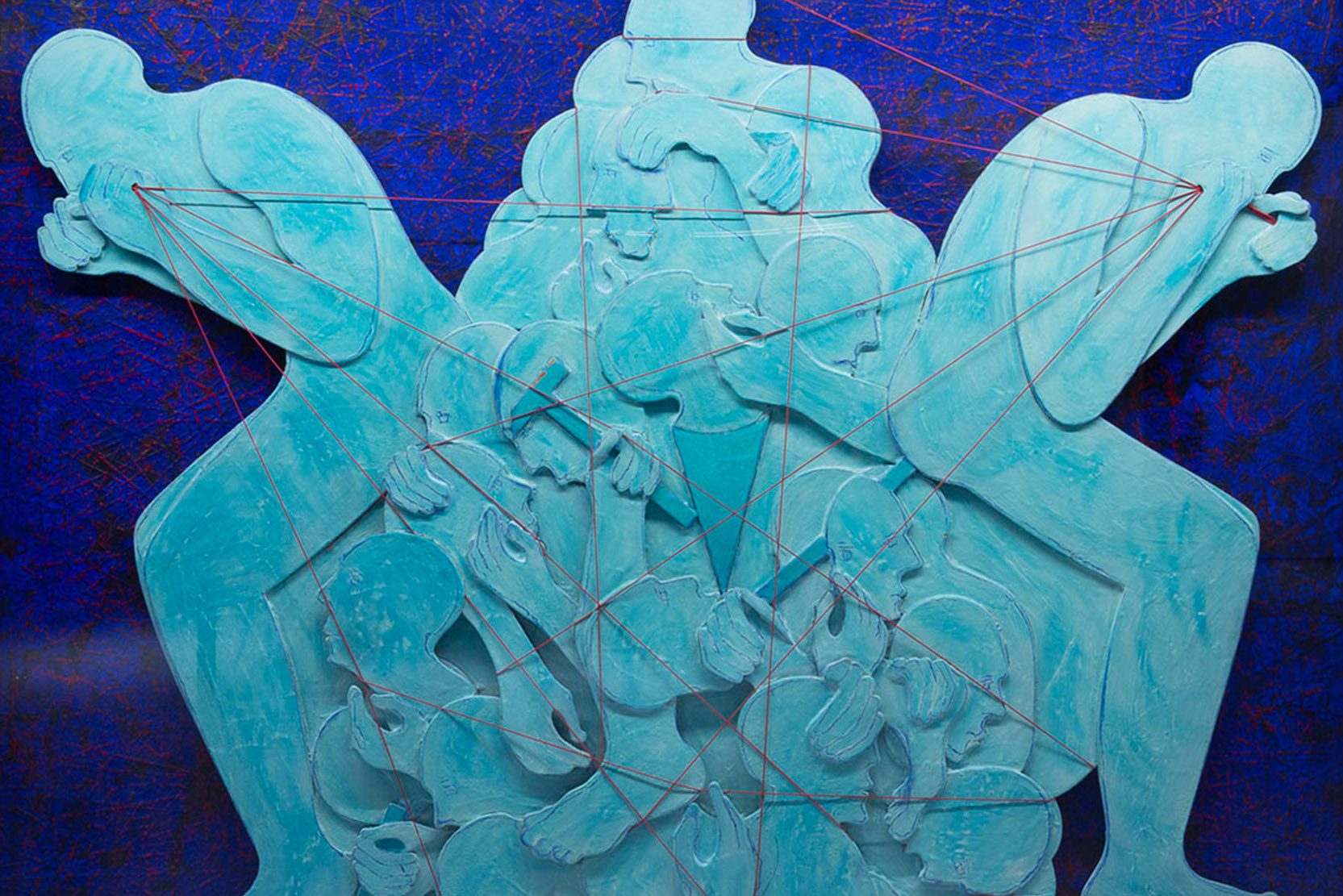
The Marrakesh African Book Festival (FLAM) challenges a western-focused discourse, foregrounding African writers.
12 DECEMBER 2025 • By Lulu Norman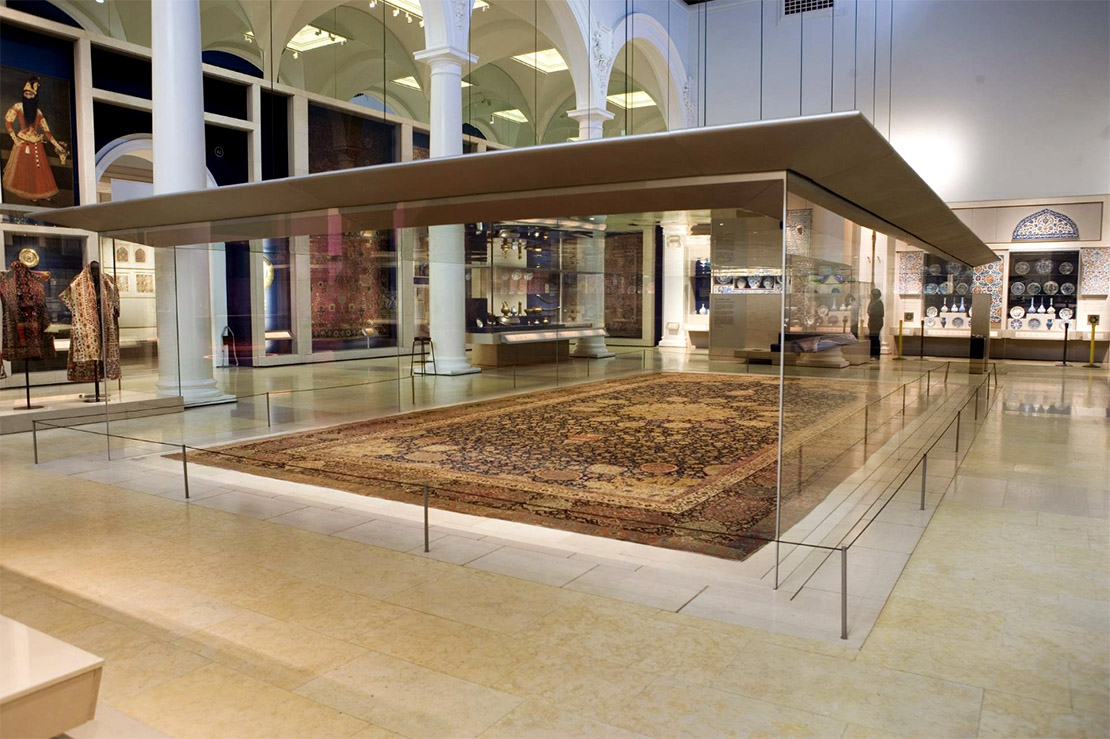
Playwright Melis Aker makes a compelling argument in favor of shadows.
5 DECEMBER 2025 • By Melis Aker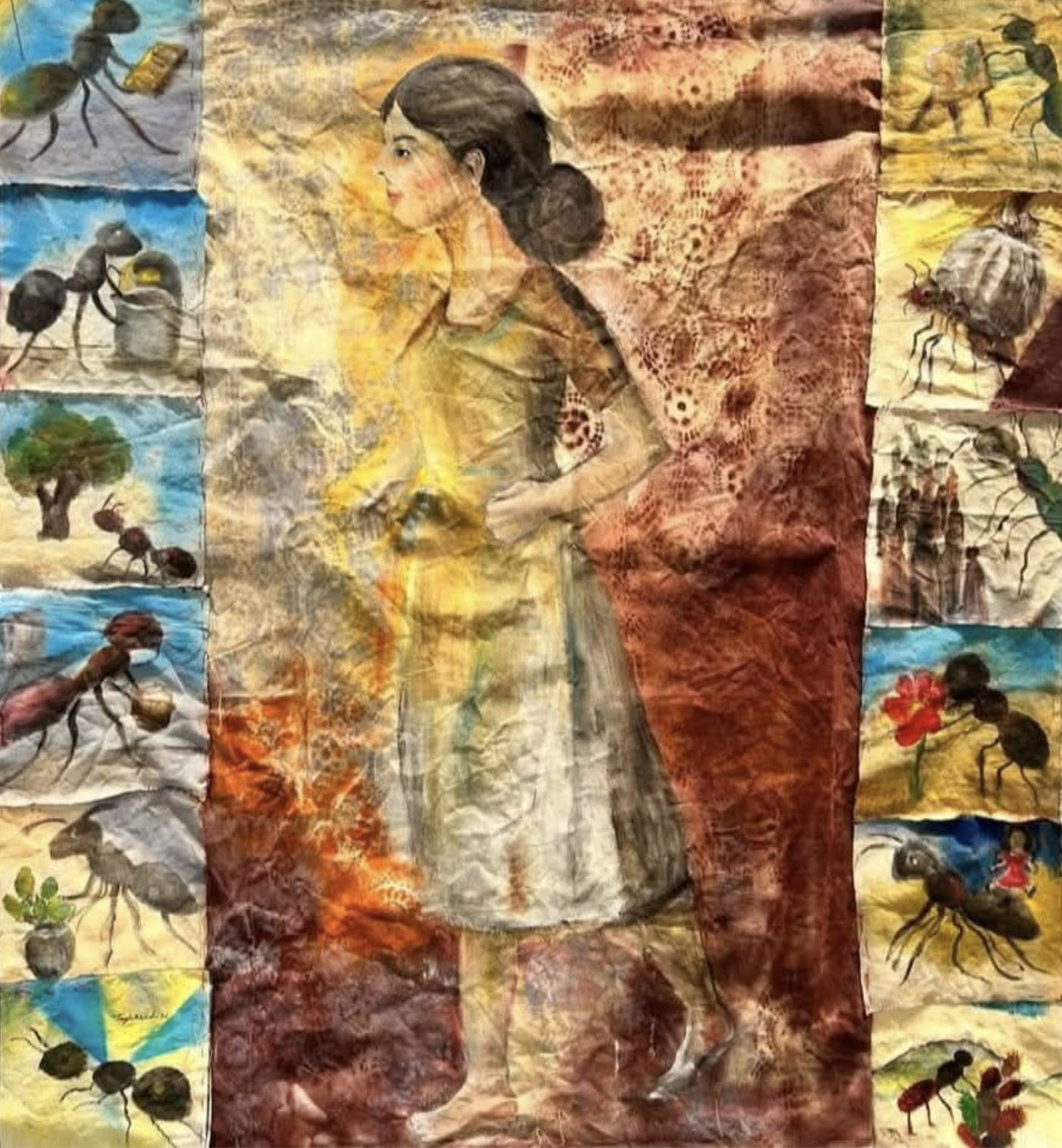
Neemah Ahamed explores what home means when one's life is upended and what once held cherished emotions disintegrates.
7 NOVEMBER 2025 • By Neemah Ahamed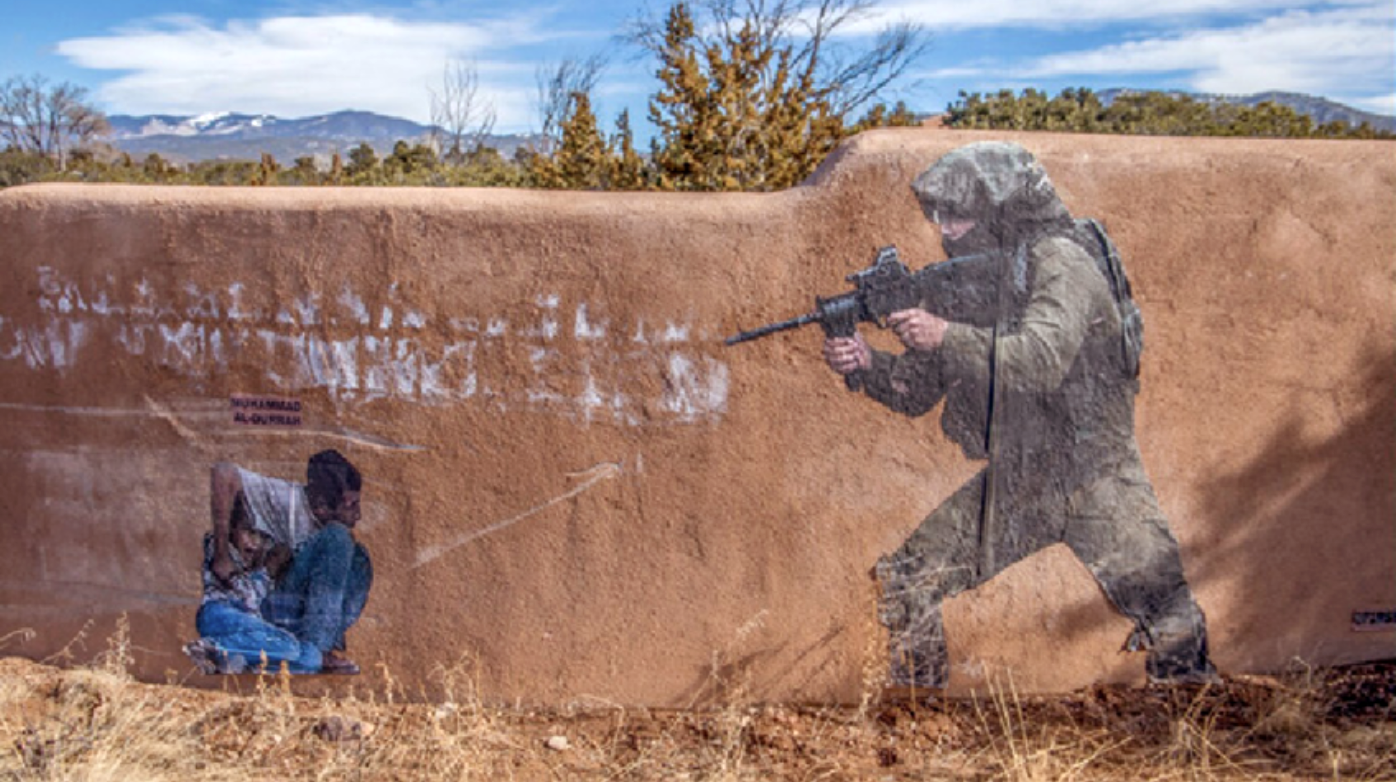
An essay on how and why grieving for Palestine is being policed in classrooms, newsrooms, and beyond.
7 NOVEMBER 2025 • By Adam Makary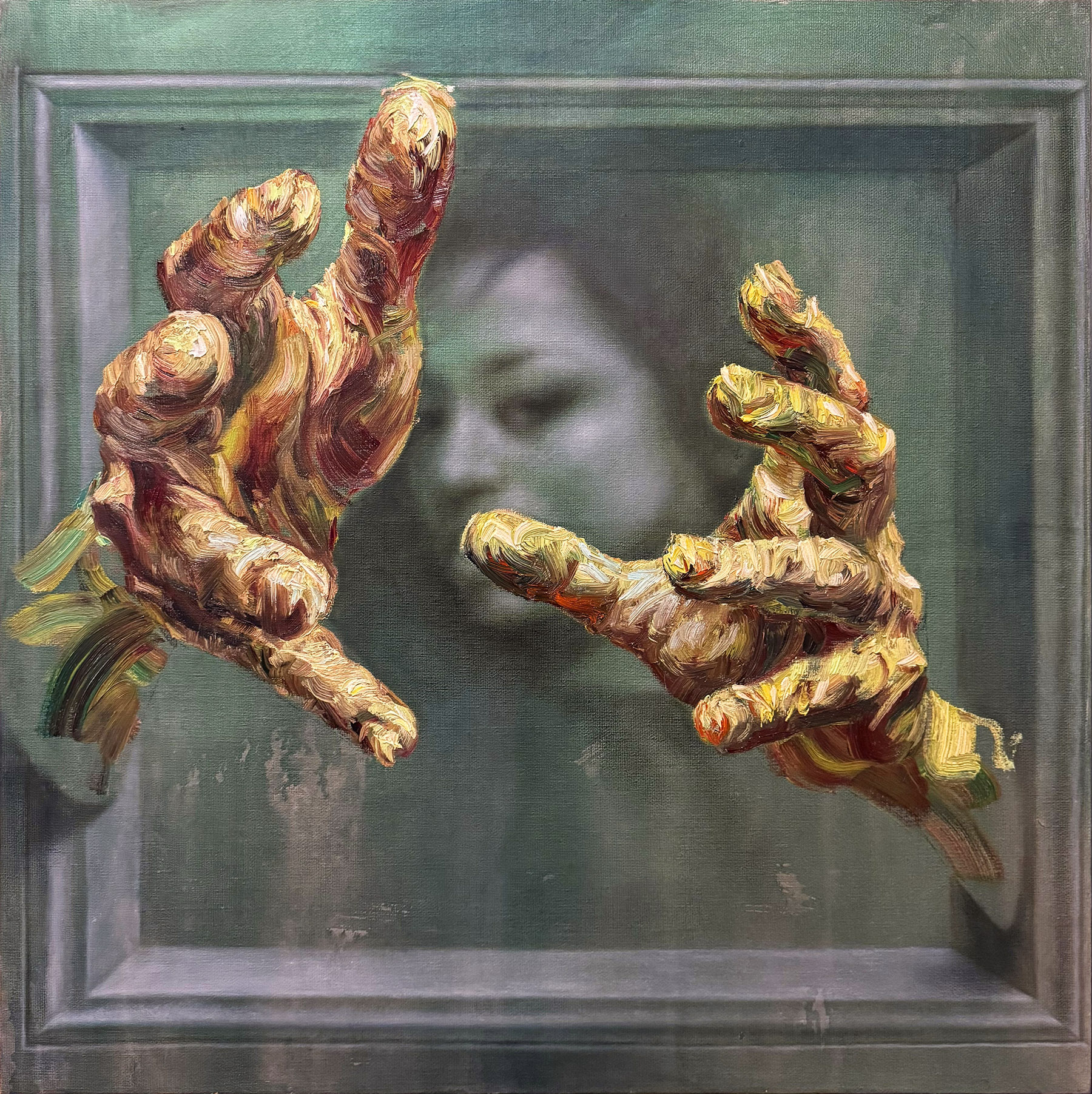
Maysaa Alajjan on a homeland that never accepted her, and another that she never knew.
7 NOVEMBER 2025 • By Maysaa Alajjan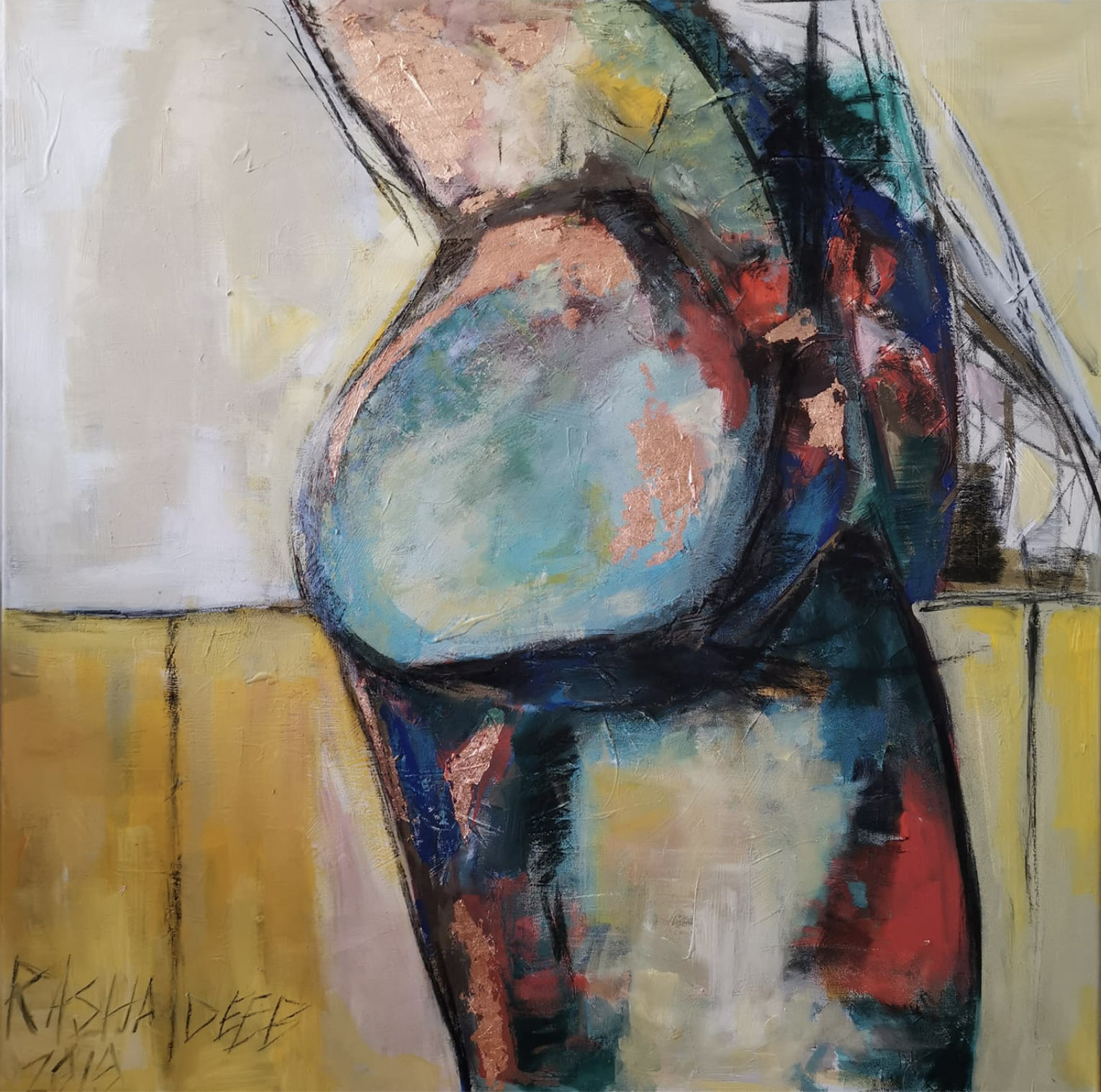
أمضى محمد فرج أعوامًا في رحلة بحث عن تفاصيل حياة دكتور طه محمود طه، مترجم جيمس جويس الأسطوري،...
20 OCTOBER 2025 • By محمد فرج